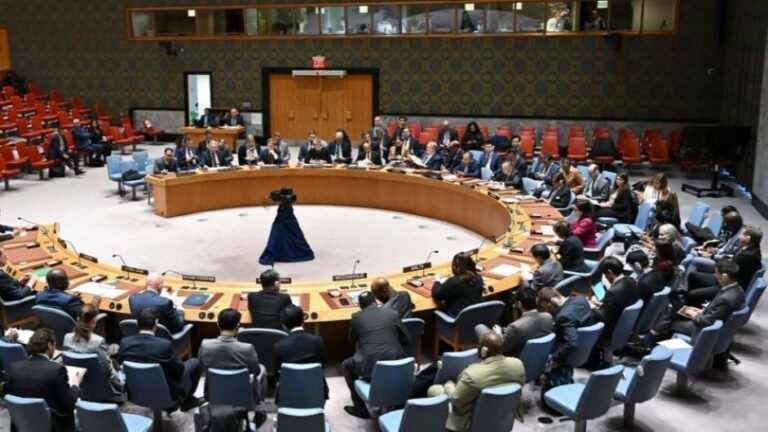Islamabad, 2 September 2024 (TDI): In spite of receiving advances, the Federal Board of Revenue (FBR) missed its August collection target by a margin of Rs102 billion.
The large deficit that has raised the possibility of a small budget is now attributed to import compression.
A statement summarizing the causes of the significant shortfall in tax revenues was issued by the FBR on Sunday.
According to the statement, there has been a cumulative increase in domestic tax collection of nearly 35%. However, the impetus on the import side was not sustained because of ongoing import compression.
It also stated that as of August 2024, imports into the nation were 2.2% lower in US dollars than they were the previous year. Likewise, August 2024 imports in Pakistani Rupee value showed a 7% decrease from August of the previous year.
Despite the budget imposing a record Rs1.8 trillion in additional taxes, the FBR has not performed, regardless of the rationale for missing the revenue target.
The possibility of a mini budget that might affect fertilizer, incomes, and imports is now available to the country.
The government set a target of Rs898 billion for the FBR to achieve in August. Yet, despite accepting advances this week from Karachi, Lahore, and Islamabad, it was only able to raise about Rs796 billion. In August, it fell short of the goal by Rs 102 billion.
According to sources, the monthly collection would have been approximately Rs765 billion if the FBR had not accepted improper advances. The FBR was set a tax goal of Rs1.554 trillion by the IMF for the first two months.
The tax collector stated, “The FBR has collected Rs1.456 trillion in net revenue against a target of Rs1.554 trillion.”
Despite receiving advances over the past few days, it faced a deficit of Rs98 billion for two months.
The FBR added that in order to address the exporters’ cash flow issues, it also issued refunds totaling Rs132 billion over the course of two months, a 44% increase.
Also read: PBF Objects Government Tax Policies
The revenue goal for July was well achieved. An additional Rs3.7 trillion in taxes, including more than Rs1.8 trillion in new levies, are sought by the government from the faltering economy.
The outcome is that salaried individuals can now only pay a maximum income tax rate of 39%, but business owners must pay a 50% tax. Additionally, milk, infant milk, and milk that is high in fat are all subject to an 18% tax by the government, while stationery items are subject to a 10% tax.
In addition, imported fruits and vegetables from Afghanistan are subject to an 18% sales tax, and commonplace goods like buns and rusks are subject to a 10% GST tax. Taxes have also been applied to medical testing.
The FBR must collect Rs1.22 trillion in taxes in September alone to meet the IMF’s objective of Rs2.652 trillion for the first quarter (July-September), which is becoming less and less likely in light of August’s dismal performance.
Even though it would require an additional Rs1.2 trillion this month, the FBR is optimistic about meeting its quarterly target of Rs2.652 trillion.
Based on the available data, income tax collection for the first two months of the current fiscal year was Rs616 billion, which is Rs156 billion, or 26% more than the previous year.
The surge in income tax revenues exceeded the two-month objective by Rs36 billion, primarily due to higher banking earnings and increased contributions from salaried personnel.
Despite an increase of Rs99 billion or 21% from the previous year, sales tax receipts nevertheless fell Rs38 billion short of the objective, totaling Rs572 billion. The federal excise duty collected by the FBR amounted to Rs96 billion, a 19% increase of Rs16 billion over the previous year.
Even with a doubling of the cement duty and additional taxes on lubricating oil and real estate transactions, the excise duty objective was missed by a substantial margin of Rs39 billion.
Also read: Pakistan Imports 6.18 Million Metric Tons of Wheat in Two Years
Despite Rs6 billion or 4% rise, customs duty revenues came in at Rs172 billion, falling Rs56 billion shy of the two-month objective.
It is clear that the annual objective would be missed severely because the cumulative rise in collection over the last two months was just 21%, or half of the rate required to meet the aim.
According to the press release, the import mix has changed as a result of a large decrease in the import of high-duty items like cars and home appliances as well as various consumer goods including clothing, textiles, and shoes. Customs duties and other import-related charges have been affected by this trend.















